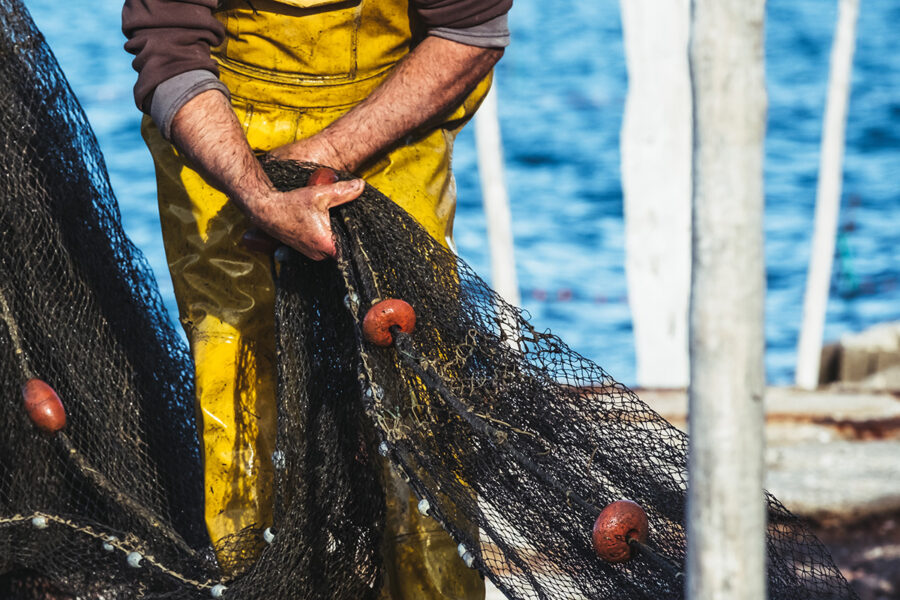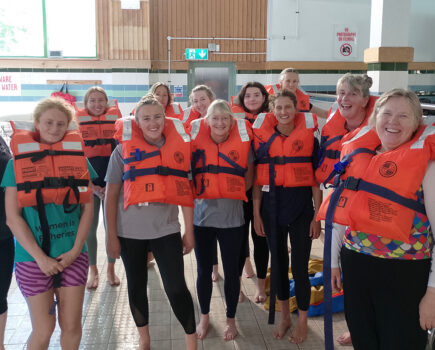MPs stressed the essential need to keep fishing separate from trade and energy negotiations in a Westminster Hall debate recently that also discussed visa problems for migrant workers, spatial squeeze, Fisheries Management Plans (FMPs) and quota distribution.
Opening the debate on the future of fishing after 2026 – which he had secured – Great Yarmouth MP Rupert Lowe (Reform) said the full return of fishing rights in 2026 would be ‘a golden opportunity’ to rebuild the industry and revitalise coastal communities.
Europe had deliberately made Brexit very difficult for the UK in the hope that it would rejoin the EU, which needed UK fish, he argued. Of the 35,000t of fish that arrive in Boulogne each year, two- thirds come from British waters.
Rupert Lowe said he wanted to see the government plan ‘a rebuilding blueprint to benefit our economy and food security’.
A revised version of the Merchant Shipping Act 1988 was needed ‘to rebalance quotas’ and protect against quota hopping and foreign exploitation, he said. Orkney and Shetland Alistair Carmichael (Lib Dem) said most skippers in his constituency were carrying ‘massive amounts’ of debt. “If we cut the feet out from underneath them in terms of quota reallocation and the rest, the law of unintended consequences could be really severe for the people who have kept that industry going through the lean times,” he said.
Seamus Logan (SNP, Aberdeenshire North and Moray East) said there were fears the EU would use the new Labour government’s desire to renegotiate trade terms as leverage to secure greater access for EU fleets to UK waters in the pre-2026 negotiations.
He also noted ‘serious concerns’ that the coupling of fishing and energy negotiations might be a problem in the 2026 negotiations.
Fisheries minister Daniel Zeichner said the UK government’s working relationship with the EU on fisheries matters was strong. “Although we may be close partners with the EU, the significant difference is that, now, the future of fisheries is not driven by the relationship – we are masters of our own destiny,” he said.
He acknowledged that labour matters were a particular challenge for the industry, and expressed a hope that a new focus on seafood careers training ‘will begin to help address the long-term challenge of how we boost our domestic workforce’. Changes to the apprenticeship levy should also help, he aid.
The minister said a ‘full and faithful implementation’ of the fisheries heading of the TCA will see access for EU vessels to the UK zone become a matter for annual negotiation.
The government was also ‘very aware’ of spatial squeeze issues and would be making proposals ‘in the coming months and years’, he said.
Beyond FMPs, the government also has plans to change the way discards are managed and trial new ways to allocate quota, he told MPs. The government is also considering how it could best support the inshore and under- 10m fisheries, including the provision of additional quota and engagement with the five regional inshore fisheries groups that have been set up.
“The future of UK fisheries will be driven by our domestic agenda,” said the minister. The government would continue to meet its international obligations, including those of the TCA, and ‘the default arrangements for access after 2026 are clear’, he said.
This story was taken from the latest issue of Fishing News. For more up-to-date and in-depth reports on the UK and Irish commercial fishing sector, subscribe to Fishing News here or buy the latest single issue for just £3.50 here.
Sign up to Fishing News’ FREE e-newsletter here.








